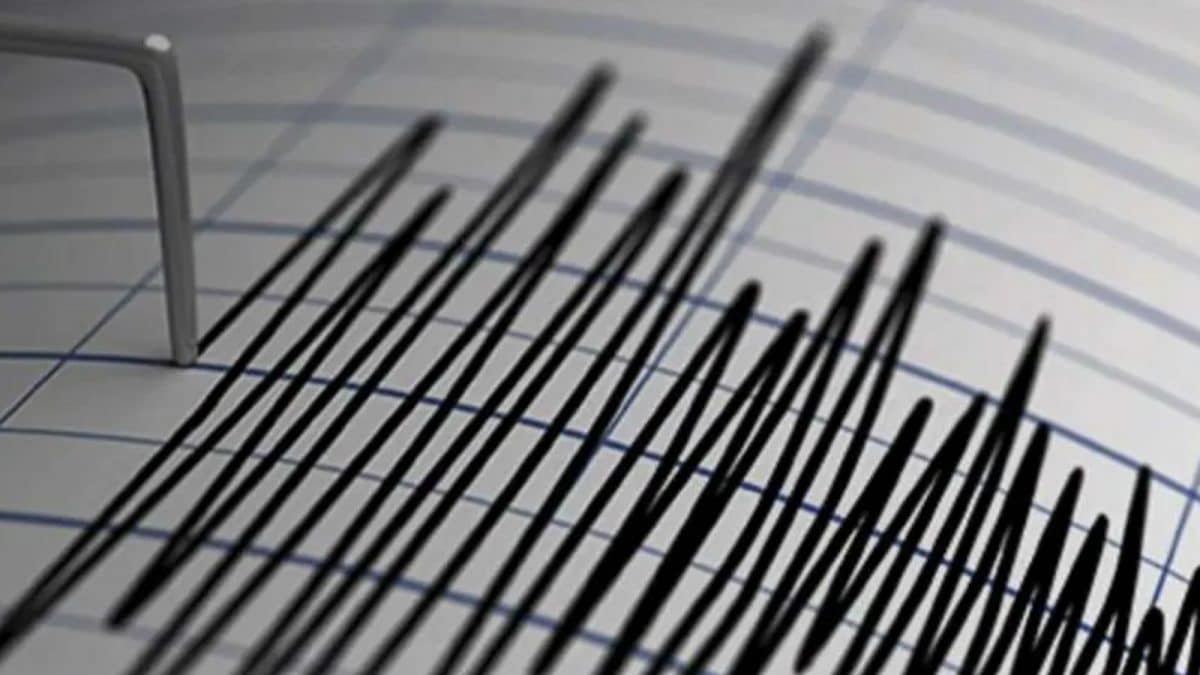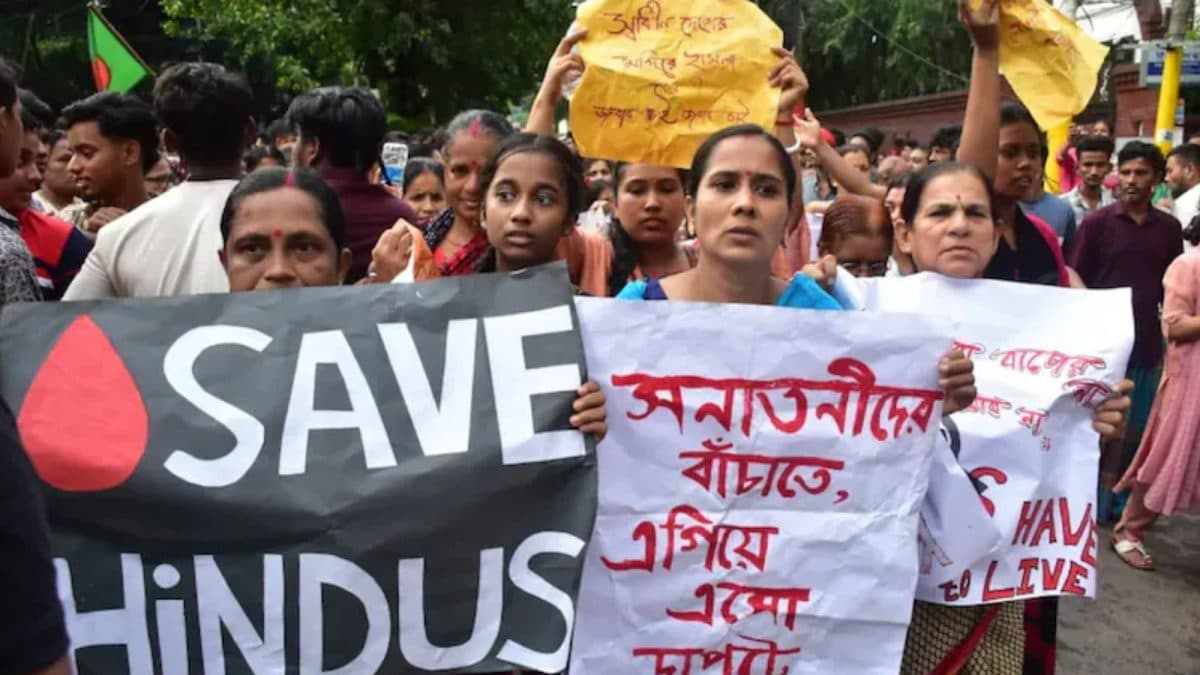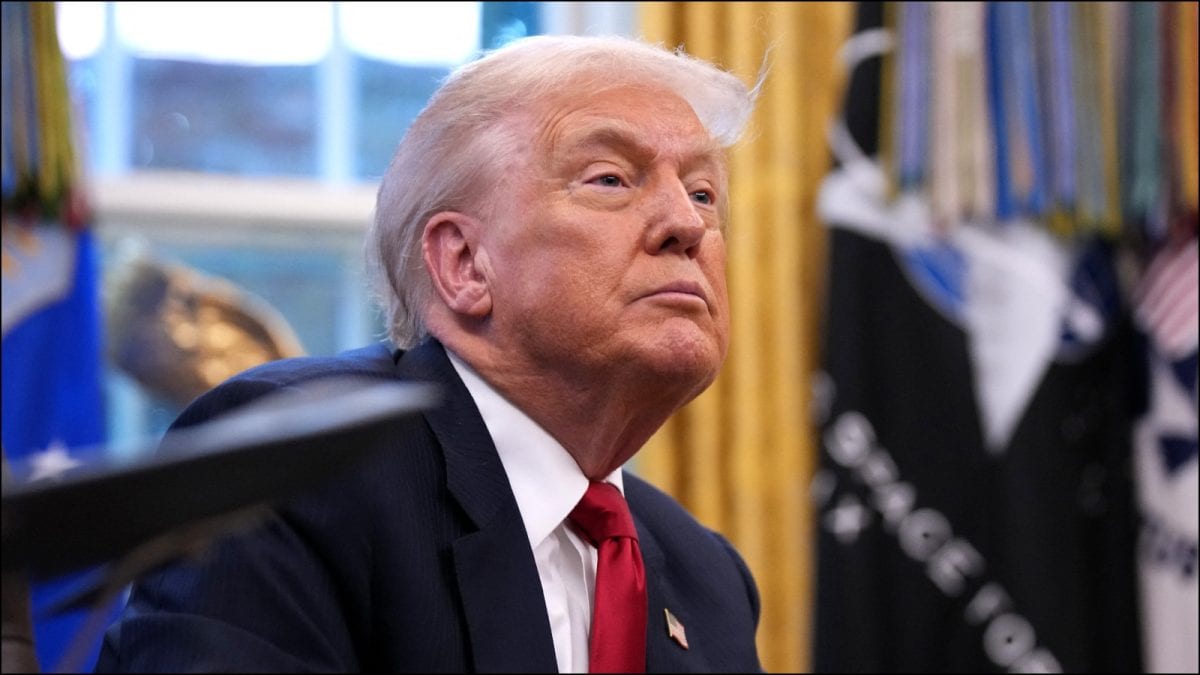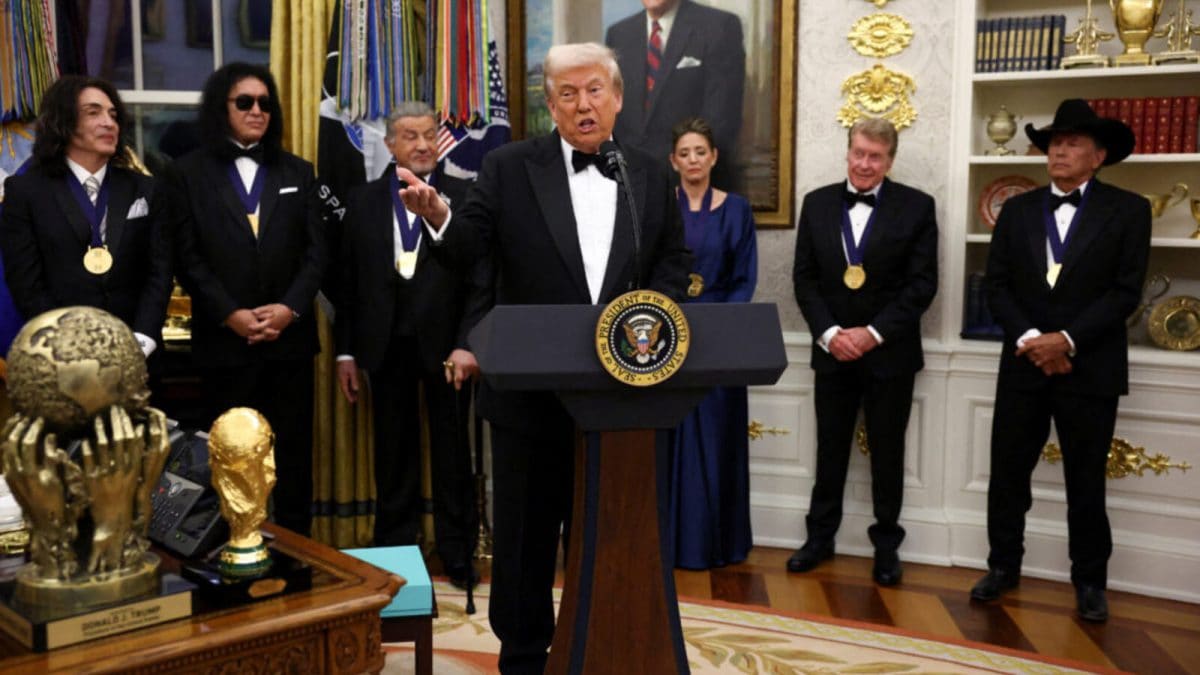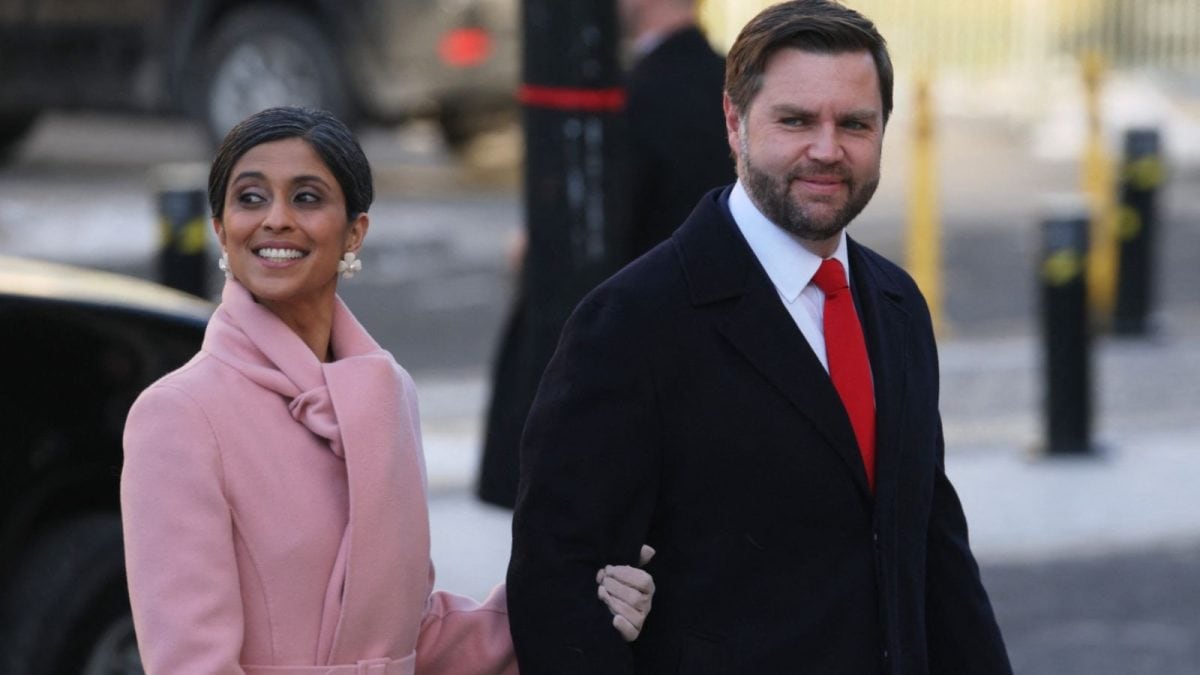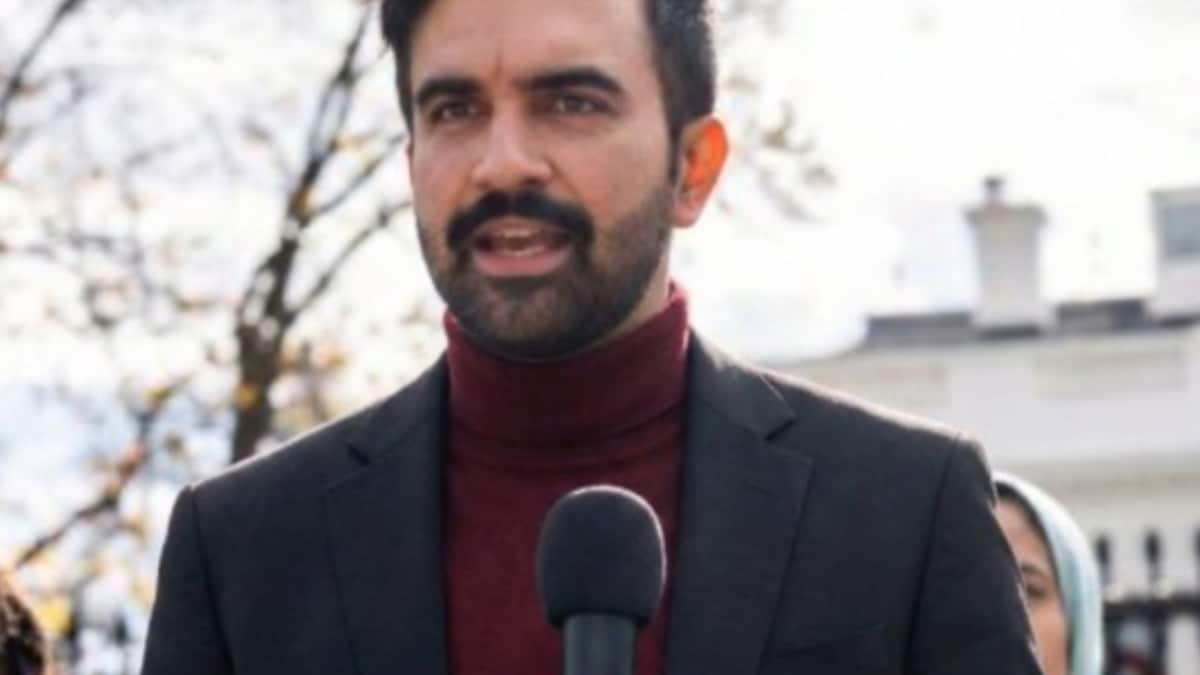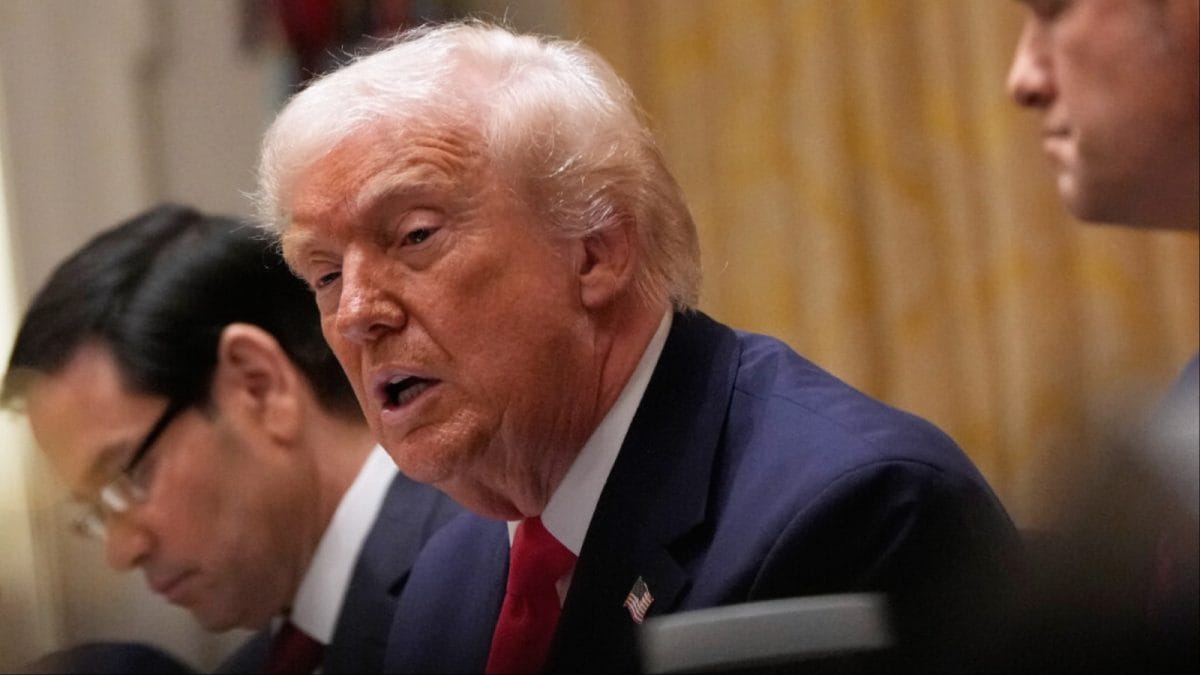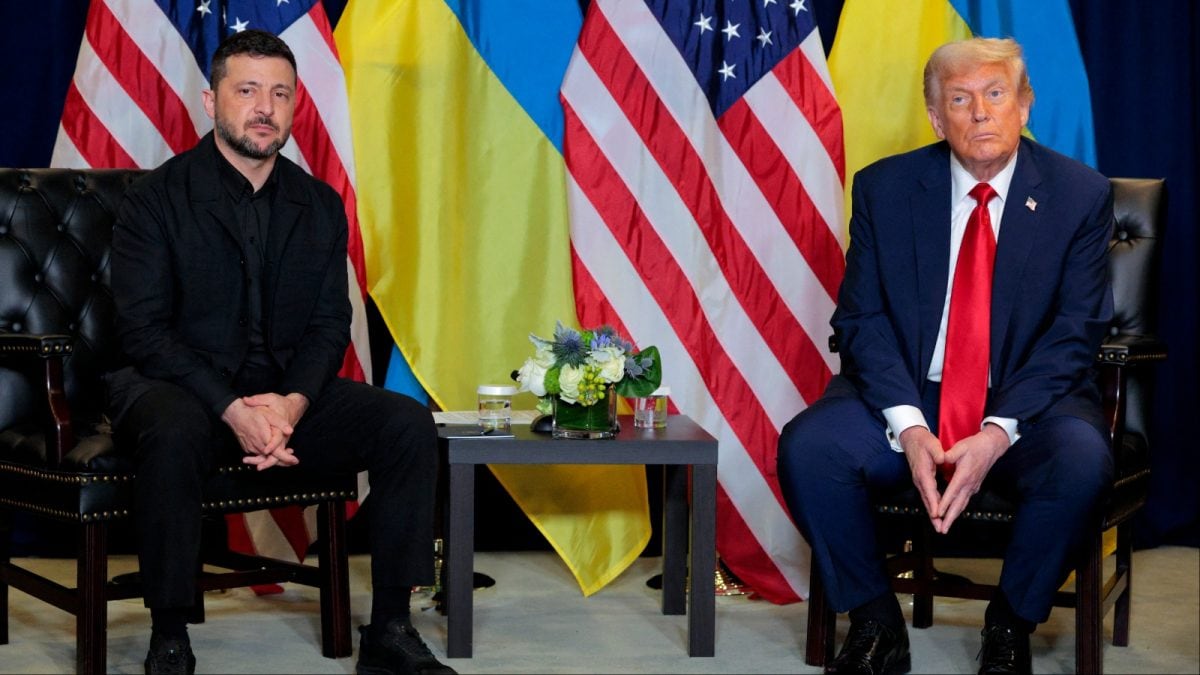A startling revelation by Afghanistan's Taliban official suggests that the Asim Munir-led Pakistan Army might be pulling the strings, bypassing PM Shehbaz Sharif's civilian government to foment tensions with Kabul. This revelation follows claims that US drones were attacking Afghanistan using Pakistani soil.

Afghan Taliban spokesperson has claimed that Pakistan's army, not the civilian government, is deliberately keeping tensions high and undermining efforts at peace. (File Image/AFP)
The peace talks between Pakistan and Afghanistan, following weeks-long hostilities, ended with little to show on paper. However, two revelations from behind those closed doors have set off alarm bells. First, it emerged that the US was using drones to strike targets inside Afghanistan, using Pakistani airspace and Islamabad expressing helplessness in stopping them. The second revelation, if Afghan Taliban officials are to be believed, is that Pakistan's powerful Army, led by Field Marshal Asim Munir, has been bypassing Prime Minister Shehbaz Sharif's civilian government to foment trouble with Kabul.
Tensions between Pakistan and Afghanistan are running at their hottest in years. Earlier this month, Pakistan launched airstrikes and shelling deep inside Taliban-ruled Afghanistan. Reports revealed that a site in Kabul's eastern outskirts and parts of Paktika province, were hit, leaving dozens of civilians, including women and children, dead. Over 250 people have lost their lives in the September-October war. The clashes triggered days of cross-border fire before both sides finally sat down for talks in Qatar and then in Turkey.
But so far, the efforts have yielded little beyond uneasy silence and the revelation that Pakistan's army, true to form, bypassed Shehbaz Sharif's civilian government, to keep tensions with Kabul high, to serve its own ends. So, it must be interesting to view both the revelations—one, that the US is using Pakistan's airspace for drone strikes in Afghanistan, and two, that the army, not Shehbaz Sharif's government, is the one calling the shots.
Army chief Munir, apart from PM Sharif, has been present in meetings with US President Donald Trump in Washington, DC. Eyebrows were raised over the fact that Trump had invited a military chief while meeting the country's civilian leader.
The Afghan Taliban claims on the US drone strikes and Pakistan's military establishment bypassing the civilian leadership to foment trouble come at a time when Trump has sought operational control of the strategically located Bagram airbase in Afghanistan.
PAKISTAN'S CIVIL-MILITARY DIVIDE OUT IN OPEN ON AFGHANISTAN?
The revelations by the Taliban government about Pakistan underline a familiar characteristic of Pakistan. Civilian governments have often been sidelined in favour of the military's strategic agenda. While the Prime Minister's office engages in diplomatic efforts, the army continues operations that keep regional tensions alive.
Spokesperson for the Islamic Emirate of Afghanistan, Zabihullah Mujahid, who has said that American drones were entering Afghan airspace by passing through Pakistani territory, also revealed that "a particular military faction in Pakistan may be supported by global powers with the intent of escalating tensions between Kabul and Islamabad," Kabul based TOLO News reported on Sunday.
Days earlier, in an interview with Khyber TV, Mujahid had claimed that elements within Pakistan's military were deliberately working to damage relations between the two countries.
Mujahid alleged that while Pakistan's civilian government was interested in establishing relations with Afghanistan based on mutual interests, the military didn't allow that.
"Pakistan's special envoy for Afghanistan, Sadiq Khan, was in Kabul and had positive talks with Afghan officials, but during the same period, Pakistan carried out attacks on Afghan soil. The civilian government seeks to build relations, but the military damages them," Zabihullah Mujahid told Khyber TV.
Mujahid also reflected on Afghanistan-Pakistan ties during former Pakistani PM Imran Khan's tenure, saying that relations were strong with most initiatives running smoothly.
Imran Khan led a civilian government from 2018 to 2022. He was unceremoniously ousted through a no-confidence vote, which was the first such removal in Pakistan's history. Following his removal, Khan was arrested in May 2023 on corruption charges, which he and his supporters describe as politically motivated by the military establishment. Khan had faced resistance from the Pakistani establishment's power centres for asserting the democratic mandate given to him by the people.
UNINVITED GUEST IN AFGHANISTAN ARE US DRONES, VIA PAKISTAN
Amid the fallout from the recent peace talks, a new twist has added fuel to the Pakistan–Afghanistan standoff. It is the unauthorised drones flying into Afghan airspace via Pakistan, which the Taliban said belonged to the US.
Taliban spokesperson Zabihullah Mujahid revealed that American drones routinely crossed into Afghanistan from Pakistani territory, something Kabul had long protested. Afghan officials had earlier revealed that Islamabad had said it was helpless in stopping the drones because of an "agreement with a foreign nation".
The Afghanistan-Pakistan flare-up is just the latest in a long history of mistrust. The roots go back to 1947, when the Durand Line effectively split Pashtun tribes, sowing decades of tension.
In the 1980s, Pakistan backed Afghan mujahideen against the Soviets with US support, only to face blowback later from terrorists, including the Taliban. After 9/11, Pakistan walked a tightrope. It publicly allied with Washington while sheltering Taliban leaders.
Today, Islamabad accuses Kabul of harbouring Tehreek-e-Taliban Pakistan (TTP) fighters behind hundreds of attacks in Pakistan. Afghanistan cites Pakistan's deportation of 1.7 million Afghans and repeated airstrikes, including March and December 2024 attacks that killed dozens of civilians. The cycle has continued.
Underpinning all this is Pakistan's civil-military divide. As Mujahid alleged, the army under Munir is running the show, sidelining Shehbaz Sharif's civilian government, which in many ways is propped up by the establishment. The pattern is familiar.
- Ends
Published By:
Sushim Mukul
Published On:
Nov 3, 2025
Tune In

 1 month ago
1 month ago

